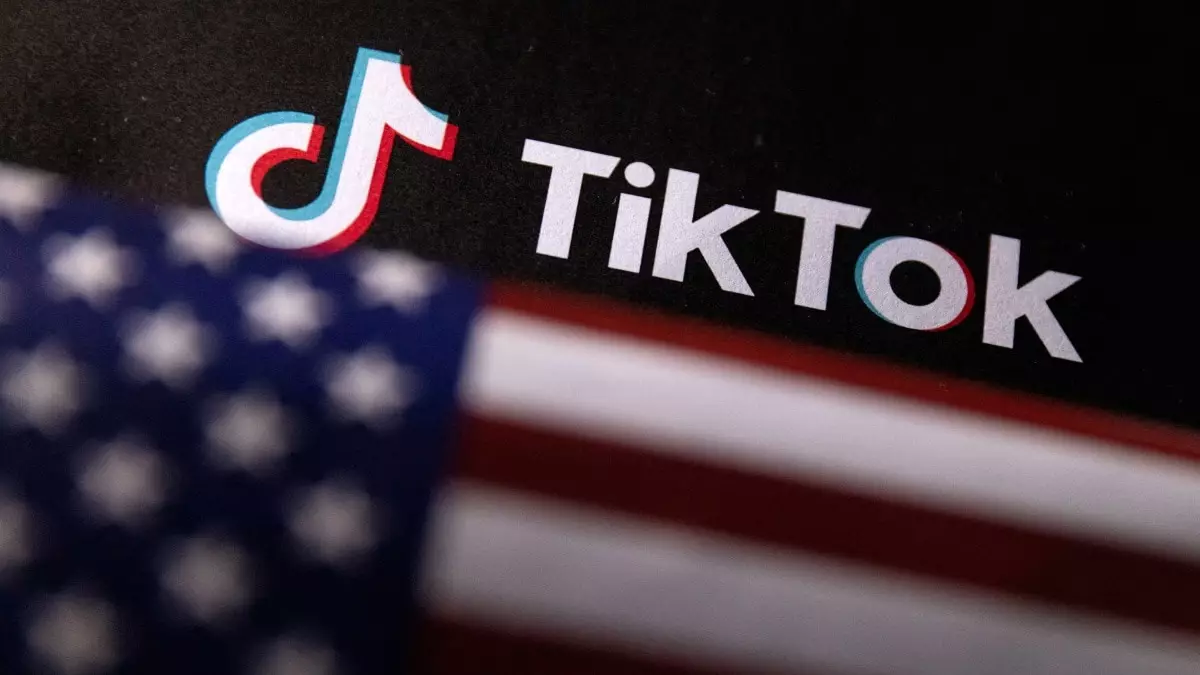As the landscape of social media becomes increasingly intertwined with political action and national policy, the case of TikTok exemplifies the complex dynamics at play. The app, owned by Chinese tech company ByteDance, has found itself at the intersection of bipartisan concerns over national security and the First Amendment. Recently, President-elect Donald Trump has sought a pause from the US Supreme Court regarding legislation that mandates the app’s sale to an American entity or its outright ban in the United States. This situation warrants a deeper examination of the implications surrounding TikTok’s future and the broader questions it raises about governance and technology.
The United States Congress passed a law in April that orders ByteDance to divest its ownership of TikTok by January 19, 2025. Failure to comply threatens to ban the app from the US market, a move that has led to considerable backlash. With over 170 million users in the United States, TikTok has become a cultural phenomenon, yet its Chinese ownership raises red flags for many policymakers. Trump’s recent request to the Supreme Court for a delay underscores his intentions to explore a political solution after taking office, a shift from his previous administration’s aggressive stance toward the app.
In 2020, Trump attempted to block TikTok from operating in the US due to concerns that data collected by the app could be manipulated by the Chinese government. His sudden pivot to a more lenient position during his candidacy reveals the complexities of the political and economic stakes involved. Now, the question arises whether this evolution reflects a genuine change of heart or a tactical maneuver to garner favor within a new technological landscape.
The implications of Trump’s actions highlight the blurred lines between politics and corporate relationships. By engaging with TikTok CEO Shou Zi Chew, Trump is not only reflecting a newfound favoritism towards the app but also responding to a potential shift in public sentiment. TikTok’s ability to help amplify Trump’s message during his campaign — reaching billions of views — paints a compelling picture of the influential power of social media in contemporary American politics. Thus, the relationship between political figures and social media platforms is fraught with mutual dependency, where the stakes are raised by the prospect of personal and political gain.
Furthermore, the legal team’s assertion that Trump does not take a stance on the merits of the case is particularly intriguing. It suggests a calculated approach to potential litigation, aiming to keep channels open for negotiation rather than driving a more confrontational agenda. This aligns with broader trends in US politics, where negotiations and compromises often overshadow definitive legal action.
Advocates for free speech have raised alarms about the implications that this legislation might have on censorship and First Amendment rights. The discussion surrounding TikTok is not merely about ownership; rather, it delves into the realm of whether the government has the authority to dictate which platforms can operate based on political considerations. The resemblance to censorship regimes employed by authoritarian states has not gone unnoticed, prompting free speech advocates to voice opposition to any legislative action that appears to restrict digital expression.
On the other hand, the US Justice Department highlights ongoing national security fears, believing that Chinese control of TikTok represents a lingering risk. Such dichotomous views illuminate the complexity at play: while one side advocates for free expression, the other underscores the necessity for caution in a rapidly advancing digital world.
As the Supreme Court considers the multifaceted implications of TikTok’s potential ban or forced sale, the outcome will likely resonate beyond the app itself. This case stands as a crucial inflection point in how social media platforms are viewed not just as businesses but as extensions of global influence, security, and governance. As technology continues to evolve and integrate with political landscapes, the dialogues surrounding platforms like TikTok will shape the policies and regulations that define digital expression and national security in the years to come.
Ultimately, TikTok’s fate is symbolic of a larger struggle between innovation, regulation, and the ethical challenges of data privacy—an ongoing balancing act that will require careful navigation.

